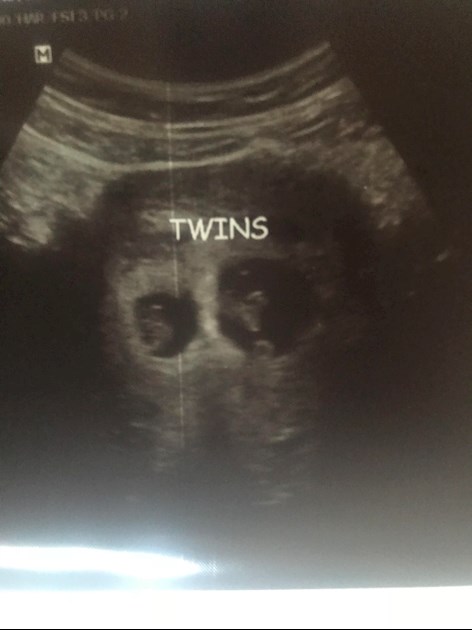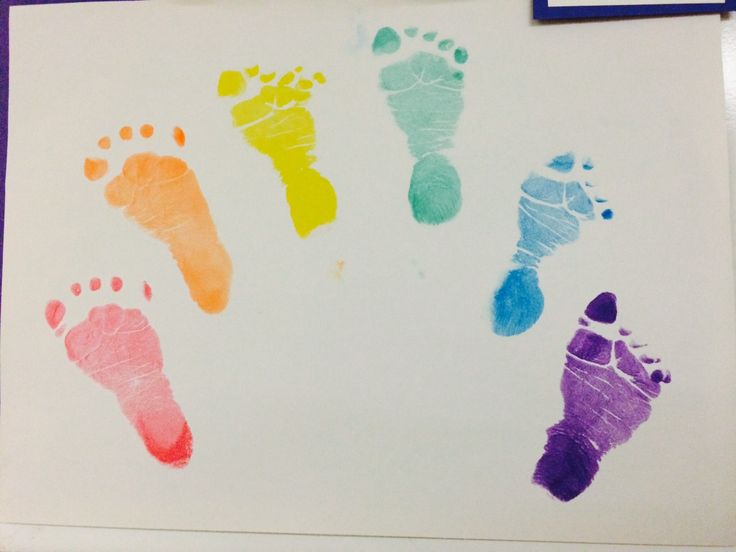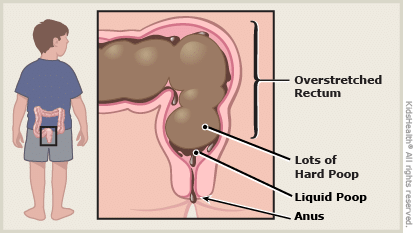Get pregnant after 35
Pregnancy after age 35
Topics
In This Topic
KEY POINTS
Being pregnant after age 35 makes certain complications more likely, including premature birth, birth defects and getting pregnant with multiples.
If you’re older than 35, you may want to have prenatal screening tests to see if your baby is at risk for certain birth defects.
Women older than 35 may have trouble getting pregnant. If this happens to you, talk to your health care provider.
There are many steps you can take to have a healthy pregnancy for you and your baby.
If you are older than 35 and trying to get pregnant, you may have heard that it may be more difficult. However, many women are delaying getting pregnant until their 30s and beyond and deliver healthy babies. There are many steps you can take with your health care provider to help with having a healthy pregnancy for you and your baby.
What pregnancy complications are more likely for women 35 and older?
As you get older, you’re more likely than younger women to have certain health conditions that can cause complications before and during pregnancy, including:
- Trouble getting pregnant (also called fertility problems). Each woman is born with a set number of eggs. You release an egg each time you ovulate, about 14 days before you have your period. So as you get older, you have fewer and fewer eggs, and the eggs you have aren’t easily fertilized by a man’s sperm. All this makes it harder for you to get pregnant. If you’re older than 35 and have been trying for 6 months to get pregnant, tell your health care provider. He may recommend fertility treatments that can help you get pregnant.
- Preexisting diabetes. This is when you have too much sugar (called blood sugar or glucose) in your blood.
 Too much blood sugar can damage organs in your body, including blood vessels, nerves, eyes and kidneys. Pre-existing diabetes means you have diabetes before you get pregnant.
Too much blood sugar can damage organs in your body, including blood vessels, nerves, eyes and kidneys. Pre-existing diabetes means you have diabetes before you get pregnant. - Gestational diabetes. This is a kind of diabetes that some women get during pregnancy.
- High blood pressure (also called hypertension). High blood pressure is when the force of blood against the walls of your blood vessels is too high.
- Preeclampsia. This condition can happen after the 20th week of pregnancy or right after pregnancy. It’s when a pregnant woman has high blood pressure and signs that some of her organs, like her kidneys and liver, may not be working properly. Signs of preeclampsia include having protein in the urine, changes in vision and severe headaches. If you’re older than 40, your risk is higher for preeclampsia than for younger women.
These health conditions can cause problems during pregnancy, including:
- Premature birth. This is when your baby is born too soon, before 37 weeks of pregnancy.
 Premature babies are more likely than babies born on time to have health problems at birth and later in life.
Premature babies are more likely than babies born on time to have health problems at birth and later in life. - Low birthweight. This is when your baby is born weighing less than 5 pounds, 8 ounces.
- Being pregnant with multiples (twins, triplets or more). Older women are more likely than younger women to get pregnant with multiples. This can happen on its own because of changes in your hormones with age, and some fertility treatments make getting pregnant with multiples more likely. Being pregnant with multiples can cause problems during pregnancy, like premature birth, preeclampsia, gestational diabetes and problems with your baby’s growth. If you’re getting fertility treatment to help you get pregnant, ask your provider about treatments that can help you get pregnant with just one baby.
- Birth defects, including Down syndrome. Birth defects are health conditions that are present at birth. Birth defects change the shape or function of one or more parts of the body.
 They can cause problems in overall health, how the body develops or in how the body works. Older women are more likely than younger women to have a baby with a birth defect.
They can cause problems in overall health, how the body develops or in how the body works. Older women are more likely than younger women to have a baby with a birth defect. - Needing to have a c-section (also called cesarean birth). A c-section is surgery in which your baby is born through a cut that your doctor makes in your belly and uterus (womb). Like any surgery, a c-section comes with risks, like infection and reaction to anesthesia. The older you are, the more likely you are to have pregnancy complications that make a c-section necessary.
- Miscarriage. This is when a baby dies in the womb before 20 weeks of pregnancy.
- Stillbirth. This is when a baby dies in the womb after 20 weeks of pregnancy.
If you’re older than 35, do you need any special prenatal tests?
Because older women are more likely than younger women to have a baby with a birth defect, if you’re older than 35 you may want to have some prenatal tests to see if your baby is at risk.
Screening tests, like cell-free fetal DNA screening or maternal blood screening, check your blood to see if your baby is at risk for certain birth defects. A screening test doesn’t tell you for sure if your baby has a birth defect. It only tells if your baby may be at risk for a birth defect.
If your screening test results show that your baby may be at risk for certain birth defects, you may want to have some diagnostic tests. These tests can tell you for sure if your baby has or doesn’t have a birth defect. These tests include chorionic villus sampling and amniocentesis.
Talk to your provider about these tests to decide if they’re right for you.
If you’re older than 35, what can you do to help you have a healthy baby?
Even if you’re younger than 35, doing these things before and during pregnancy can help you have a healthy pregnancy and a healthy baby:
Before pregnancy
- Get a preconception checkup. This is a medical checkup to help make sure you’re healthy before you get pregnant.
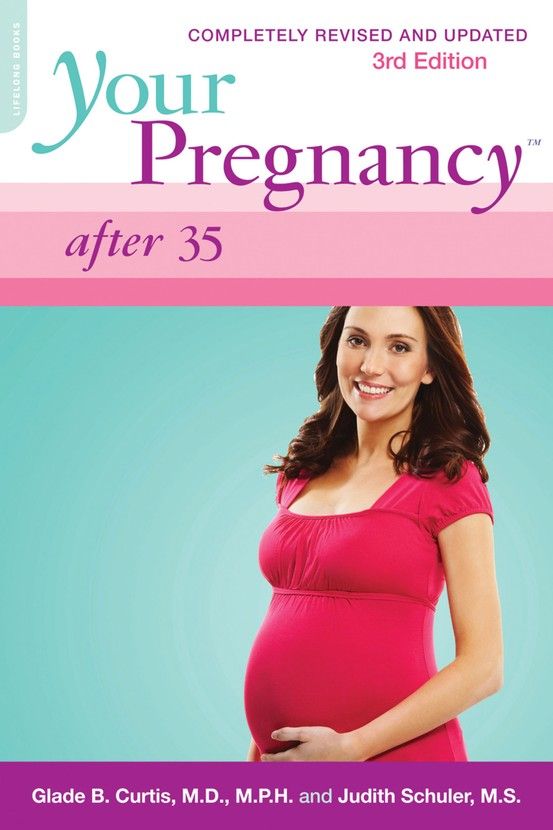 At your checkup, talk to your provider about your overall health, lifestyle and concerns about being able to get pregnant. Also talk to your provider about your family health history, vaccinations you need and medicines you take. Your family health history is a record of any health conditions and treatments that you, your partner and everyone in your families have had. It helps your provider spot any health conditions that run in your family that may affect your pregnancy. Vaccinations can help protect you from certain diseases.
At your checkup, talk to your provider about your overall health, lifestyle and concerns about being able to get pregnant. Also talk to your provider about your family health history, vaccinations you need and medicines you take. Your family health history is a record of any health conditions and treatments that you, your partner and everyone in your families have had. It helps your provider spot any health conditions that run in your family that may affect your pregnancy. Vaccinations can help protect you from certain diseases. - Get treatment for any health conditions you have, like diabetes, high blood pressure and depression. Make sure your provider knows about any medicine you take for these conditions. You may need to change to a medicine that’s safer during pregnancy.
- Take a multivitamin with 400 micrograms of folic acid each day. Folic acid is a vitamin that every cell in your body needs for healthy growth and development. Taking folic acid before and during early pregnancy can help prevent birth defects in your baby’s brain and spine called neural tube defects and birth defects in your baby’s mouth called cleft lip and cleft palate.

- Get to a healthy weight. You’re more likely to have health problems during pregnancy if you’re overweight (weigh too much) or underweight (weigh too little). To get to a healthy weight before you get pregnant, eat healthy foods and do something active every day.
- Don’t smoke, drink alcohol, use street drugs or abuse prescription drugs. Tell your provider if you need help to quit.
- Protect yourself from unsafe chemicals at home or work. Using some chemicals, like cleaning products and paint, may increase your chances of having a baby with a birth defect.
- Reduce your stress. Your provider can help you find ways to reduce stress so it doesn’t affect your pregnancy.
During pregnancy
- Go to all of your prenatal care checkups, even if you’re feeling fine. Getting regular prenatal care lets your provider check on you and your growing baby. Go for your first prenatal care visit as soon as you know you’re pregnant. Talk to your provider about prenatal tests you may want to have and vaccinations you need.
 Some vaccinations, like the flu shot, are safe for you to get during pregnancy.
Some vaccinations, like the flu shot, are safe for you to get during pregnancy. - Keep up with treatment for any health conditions you have. Make sure your provider knows about any medicine you take for these conditions. You may need to change to a medicine that’s safer for your baby during pregnancy.
- Gain the right amount of weight. The amount of weight to gain during pregnancy depends on how much you weigh before pregnancy. Talk to your provider about how much weight you should gain.
- Eat healthy foods, take your prenatal vitamin and do something active each day. A healthy diet can help you get the nutrients you and your baby need like calcium, folic acid, iron and vitamin D. Taking prenatal vitamins can help you get the nutrients you need.
- Don’t smoke, drink alcohol, use street drugs or abuse prescription drugs. Talk to your provider if you need help to quit.
- Protect yourself from chemicals at home or work that may be harmful to your baby and reduce your stress.

- Stay active. Regular physical activity like walking can help lessen discomfort and keep your strength up for childbirth. Talk to your provider about what’s a safe amount of exercise for you.
Last reviewed: April 2020
') document.write('
Preterm labor & premature birth
') document.write('') }
') document.write('') }
Trying for pregnancy after 35
beginning of content3-minute read
Listen
Many women try for a baby after 35. Almost one in four (24%) pregnant Australian women are aged 35 and over.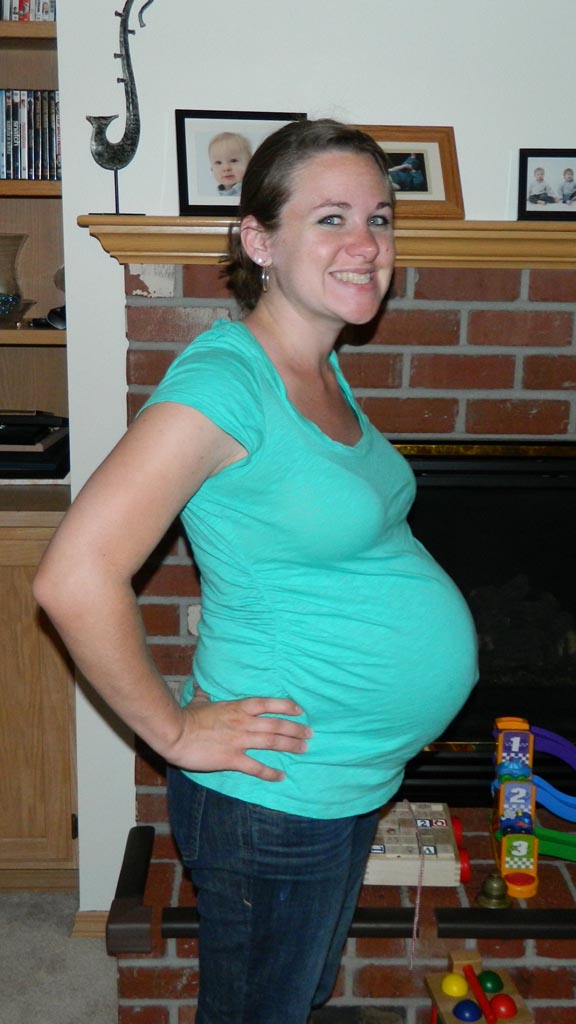 But there are risks and challenges you need to know about.
But there are risks and challenges you need to know about.
If you've been trying to get pregnant for six months or more, you should see a doctor to discuss your fertility.
It can be harder to get pregnant than when you were younger. You're at your most fertile in your early 20s. In general, fertility starts to decline faster after the age of 30, and declines more significantly after the age of 35.
The older you are, and your partner is, the more likely it is to take a long time to conceive.
Why does your fertility decline?
At birth your ovaries have all the eggs you will ever have — between 1 million and 2 million. By puberty, half of them will be gone. As you get older, the number of eggs continues to reduce. Also, your eggs age as you do, and older eggs don’t fertilise as easily.
But still, you only need one.
Improving your chances of becoming pregnant
You’ll have a better chance of getting pregnant if you understand your menstrual cycle.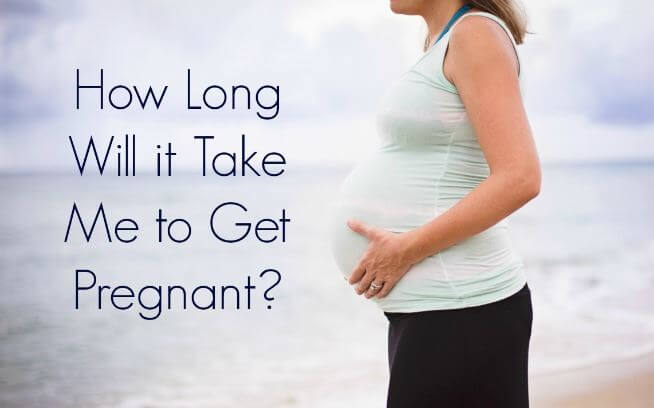 The average cycle is 28 days, but it can vary from anywhere between 20 to 40 days for some women.
The average cycle is 28 days, but it can vary from anywhere between 20 to 40 days for some women.
If your cycle is regular, then you can know that you probably ovulate 2 weeks before the start of your next cycle. So you can work from that and work out the best time to have sex.
Also, both you and your partner should be as healthy as you can be. Apart from anything else, this really will help your chances of getting pregnant. You can both:
- quit if you smoke, and avoid passive smoking
- be a healthy weight
- avoid alcohol
- eat a healthy diet
- check for and treat any sexually transmitted infections
When should you ask for help?
If you’re over 35 and you’ve been trying to get pregnant for six months or more, you should see a doctor.
For women under 35, the usual advice is to try for a year first, unless you know you have issues like endometriosis or other conditions that can affect your fertility.
Treatments
There are many options available for women who are having trouble getting pregnant.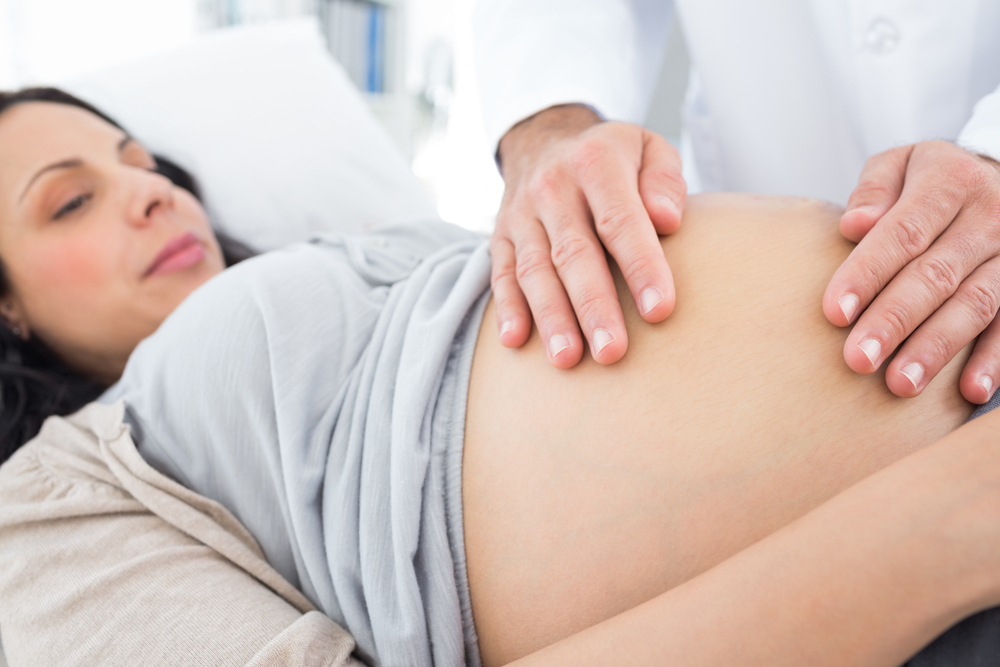 The treatment depends on the cause, so first you'd want to look into why there's a problem.
The treatment depends on the cause, so first you'd want to look into why there's a problem.
First, you and your partner would have a number of fertility tests, which might include sperm tests, checks for sexually transmitted infections, and possibly an ultrasound.
Depending on the results, your doctor might suggest treatments such as:
- hormone therapy
- IVF and variations such as intracytoplasmic sperm injection (ICSI)
- artificial insemination
These treatments can all work. None is guaranteed.
For example, most women have a 33% chance of taking home a baby after one IVF cycle, and 54% after 8 cycles. But for women aged 40 to 44, this decreases to 11% after one cycle and about 38% after 8 cycles.
If you get pregnant?
If you are over 35 and have become pregnant, it’s important that you get good antenatal care, as there are a few things that you need to watch out for, such as gestational diabetes, high blood pressure and the chance of twins.
You might also want to talk to your doctor or midwife about genetic counselling and tests like amniocentesis and chorionic villus sampling.
More information
For more information and advice, call Pregnancy, Birth and Baby on 1800 882 436.
Sources:
Australian Institute of Health and Welfare (Australia's Mothers and Babies 2017), MyDr (Pregnancy planning), Your Fertility (Age), Medical Journal of Australia (Assisted reproductive technology in Australia and New Zealand- cumulative live birth rates as measures of success), Your Fertility (I have been trying to have a baby for a while)Learn more here about the development and quality assurance of healthdirect content.
Last reviewed: February 2020
Back To Top
Related pages
- Understanding fertility
- Being pregnant after 40
- Fertility treatments
- Fertility tests and treatments
- Good fertility health
This information is for your general information and use only and is not intended to be used as medical advice and should not be used to diagnose, treat, cure or prevent any medical condition, nor should it be used for therapeutic purposes.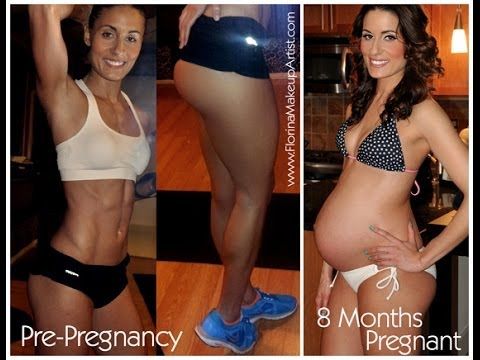
The information is not a substitute for independent professional advice and should not be used as an alternative to professional health care. If you have a particular medical problem, please consult a healthcare professional.
Except as permitted under the Copyright Act 1968, this publication or any part of it may not be reproduced, altered, adapted, stored and/or distributed in any form or by any means without the prior written permission of Healthdirect Australia.
Support this browser is being discontinued for Pregnancy, Birth and Baby
Support for this browser is being discontinued for this site
- Internet Explorer 11 and lower
We currently support Microsoft Edge, Chrome, Firefox and Safari. For more information, please visit the links below:
- Chrome by Google
- Firefox by Mozilla
- Microsoft Edge
- Safari by Apple
You are welcome to continue browsing this site with this browser. Some features, tools or interaction may not work correctly.
Some features, tools or interaction may not work correctly.
Pregnancy after 35 years: how to properly prepare?
In today's world, pregnancy after the age of 35 is regarded as a common situation and is becoming more common every year. This is due to the fact that women first build a career and only then think about the birth of their first child. A second child after 35 years is also common, often in families the oldest child has already reached adolescence when he has a brother or sister. Every woman needs to know about the features, possible risks, planning and proper preparation for pregnancy after 35 years.
What are the difficulties of pregnancy after 35?
Fertility (ability to bear children) is an indicator that gradually decreases with age. Usually, fertility begins to decline after 30-32 years, depending on the characteristics of the woman's body. However, this does not mean that after 30-35 years, a physiological first pregnancy without any complications is impossible.
Average dependence of fertility on the woman's age
| Age | Probability of conception during the year |
| 25 years old | 87.5% |
| 30 years old | 83.9% |
| 35 years old | 73.3% |
| 40 years old | 49.4% |
After the age of 35, a woman may have difficulty conceiving. It is important to remember that the age of a man also affects the likelihood of conception and intrauterine development of the fetus. Therefore, if any problems arise, both partners need to undergo a comprehensive medical examination.
If healthy men and women over 35 years of age have regular intercourse without the use of contraception, the chances of conception within 12 months remain quite high.

How to properly prepare?
Proper preparation is the key to a happy and healthy pregnancy after 35. Women at this age are already balanced about procreation, and some are planning to give birth to a second or third child. Preparing for the upcoming pregnancy is necessary for both a woman and a man.
How to prepare for pregnancy after 35 years:
- Lead a healthy lifestyle, give up bad habits. A balanced diet, regular exercise, quitting smoking and drinking alcohol - all this is necessary for the body to restore its internal resources and be ready for gestation and childbirth.
- Take folic acid 3 months (there are contraindications, you should consult your doctor) before the expected pregnancy. This substance is necessary for the normal formation of the fetal nervous system, and additional intake is especially important for women over 35 years of age.
- Find a qualified gynecologist or reproductologist (this is a doctor who deals specifically with the issues of conception and gestation) with experience in managing pregnant women over 35 years old.
 It is important that the doctor understands the possible risks of such a pregnancy, but at the same time does not exaggerate and does everything possible for the natural course of pregnancy and childbirth. He will help in planning pregnancy, conduct an examination, prescribe a competent treatment for existing gynecological diseases.
It is important that the doctor understands the possible risks of such a pregnancy, but at the same time does not exaggerate and does everything possible for the natural course of pregnancy and childbirth. He will help in planning pregnancy, conduct an examination, prescribe a competent treatment for existing gynecological diseases. - Undergo a general physical examination. Every woman planning childbirth after 35 should consult a therapist, take a general and biochemical blood test, a general urinalysis, as well as examine the mammary glands and check thyroid hormones.
- Screen for sexually transmitted infections. Many infections have a chronic course and practically do not manifest themselves in any way, but they can prevent the conception and bearing of a child. Both partners should be screened for such infections. It is also advisable to be examined for viral hepatitis and to know your HIV status.
- Visit genetics. After 30 years, the risk of various chromosomal abnormalities and genetic defects in the fetus increases.
 Therefore, the couple should always consult with a geneticist, if necessary, take tests.
Therefore, the couple should always consult with a geneticist, if necessary, take tests.
A positive attitude and a stable psycho-emotional state of future parents are very important, therefore, in some cases (especially if there are problems with conception), a couple is recommended to work with a psychologist.
What are the possible risks?
With age, each person develops various chronic diseases, as well as the endurance and ability of the body to recover.
The hormonal background also changes after 35 years of age, which carries certain risks:
- Women who become pregnant after 35 years of age increase the risk of a negative effect of pregnancy on the cardiovascular system. This is manifested by an increase in blood pressure, a deterioration in the condition of the walls of blood vessels (in women who gave birth after 40 years, the risk of strokes in the future increased).
- Increased risk of preterm birth, spontaneous abortion and fetal death.
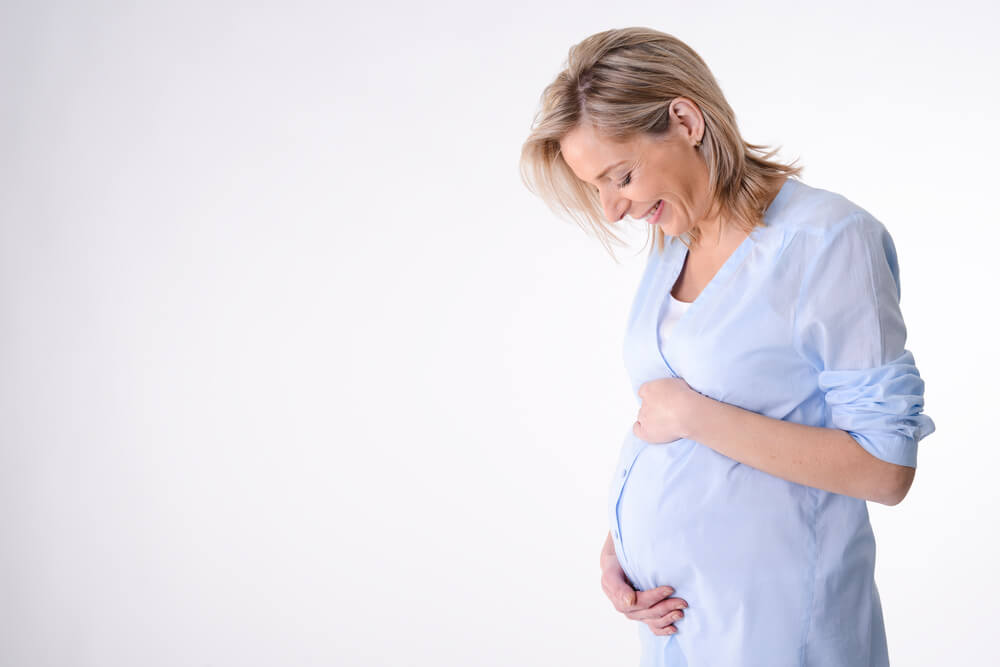 It is important to have regular check-ups and if you have any concerns, see a doctor right away.
It is important to have regular check-ups and if you have any concerns, see a doctor right away. - Increased risk of developing gestational diabetes. During pregnancy, it is advisable to limit the intake of added sugar and switch to a predominantly plant-protein diet.
- Increases the risk of chromosomal abnormalities in a child. After the age of 35, the chances of giving birth to a child with Down syndrome and other genetic abnormalities are higher, since the genetic material of the mother and father accumulates mutations with age.
Although these risks exist, with the right approach, pregnancy and the birth of a healthy child after 35 years of age is confirmed by many women and doctors.
Reviews of doctors and patients about pregnancy after 35
The fact that childbirth and pregnancy after 35 is far from always a difficult test is confirmed by numerous reviews:
It's never too late to become a mother." Irina, 37 years old
"Pregnancy with my second son after 35 years was more difficult for me than the first. But the child was born healthy, and I recovered fairly quickly after childbirth." Anna, 36 years old
But the child was born healthy, and I recovered fairly quickly after childbirth." Anna, 36 years old
"I always treat pregnancy after 35 with great attention, patients undergo all the necessary screenings. When it is clear that natural childbirth will not work, then we perform a caesarean section." Irina Ivanovna, obstetrician-gynecologist
"Natural childbirth after the age of 35 is quite possible, but it is important that the woman and the doctor are well prepared for this. Of course, we do not recommend it for complicated pregnancy." Elena Valerievna, obstetrician-gynecologist
Video
Pregnancy after 35 years must be approached with all responsibility and properly prepared for it. According to reviews about childbirth after 35, the chances of having a healthy baby are quite high. Following the recommendations of your doctor and being aware of all the risks will help you survive this period without unnecessary discomfort.
ᐈ Pregnancy after 35: why additional tests and examinations are needed - Reproductive medicine, gynecology, pregnancy monitoring, urology
Laser treatment and vaginal rejuvenation
Read more
Once again about hormones or a list of must-haves for the week
Read more
Visit to the urologist. For or Against?
More info
Reproductive health care
More info
Pregnancy with uterine fibroids
Read more
Practical skills when examining barren steam
Read more
Pregnancy with endometriosis: Modern view
Read more
Breast cancer
Details of Varicocele and Violation of Spermatogenesis
. in men
Learn more
Controlled Ovarian Stimulation (COS) protocols
Learn more
Miscarriage.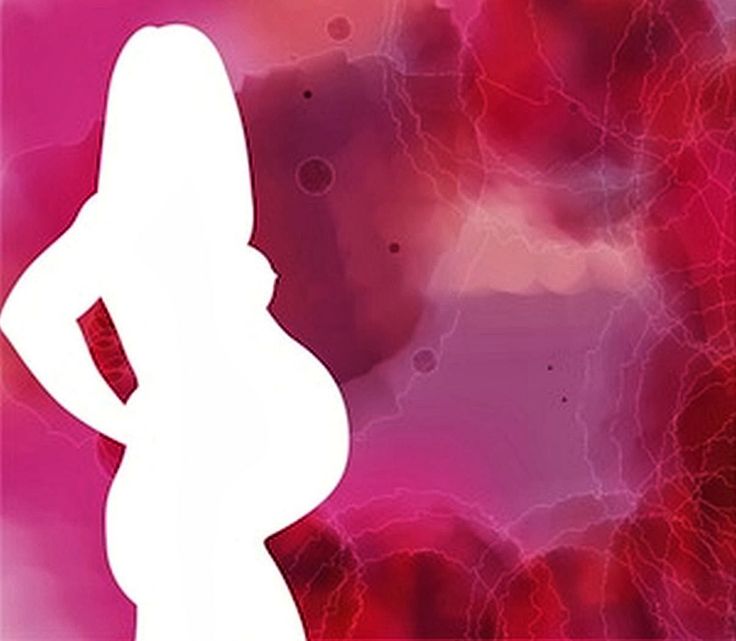 What is the reason?
What is the reason?
Read more
Hysteroscopy and its role in the treatment of infertility
Read more
Why it is not possible to get pregnant
Read more
How to calculate the sex of the child before conception
Read The Close Pipe
Read more a look at the problem
More details
Pregnancy with endometriosis - a modern view
More
Immunological infertility and the role of antisperm antibodies in it
More
What is cervical pathology?
More details
IVF in the natural cycle: pros and cons
More details
Practical skills in examining infertile couples
More details
Artificial insemination
More details
More
Unable to get pregnant.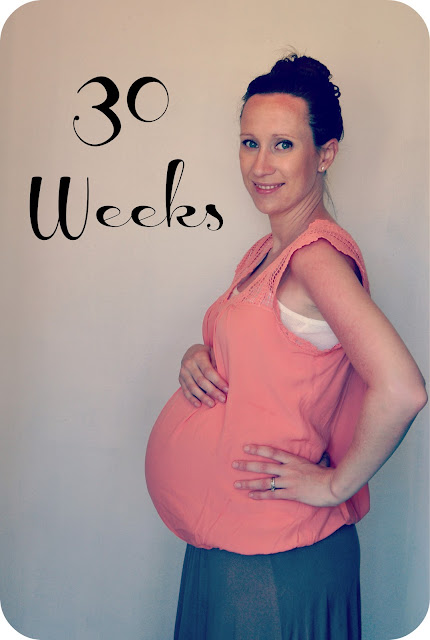 Where to run? Where to begin?
Where to run? Where to begin?
Read more
What future parents need to know (most popular questions)
Read more
Endometriosis. Some important questions
Read more
Prolactin increase. Should I be afraid?
Read more
Obstruction of the fallopian tubes, what to do next?
More
Human papillomavirus. Basic information
Details
KAMALIYA: “I consider Vladimir Kotlik the godfather of my children”
More details
Infertility and cancer: why men should definitely visit a reproductive specialist chances with IVF
More details
Portrait of a female doctor: 5 signs of a good gynecologist
More details
Is sex during IVF a good idea?
Read more
Never say never.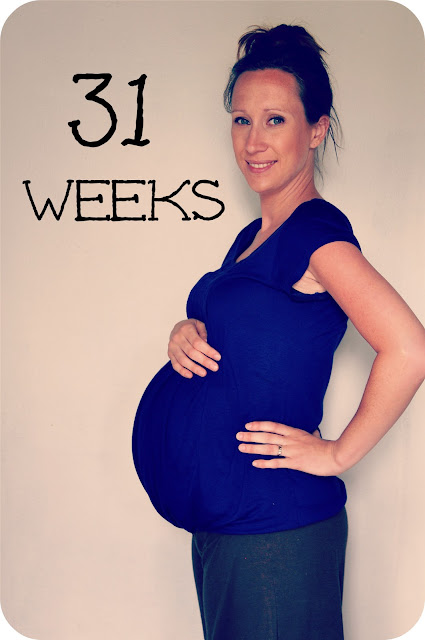 Why childfree is dangerous and why it is worth leaving a “part of yourself” in a cryobank
Why childfree is dangerous and why it is worth leaving a “part of yourself” in a cryobank
Learn more
How to plan for health, longevity and parenthood: practical advice from doctors for 2020
Learn more
From virus to cancer: hidden threats to women's health
Learn more
Threatened abortion
Reproductive health of teenage girls: what children and their parents need to know
Read more
Life is like magic: how to believe in a miracle if you are a pragmatist - a doctor's story
Read more
Beautiful skin in youth is the key to happy motherhood
Read more
Charged for success. What determines the effectiveness of ART
More
Why do not all eggs become embryos?
More details
Maxim Gapchuk in "Mother and child" ambitious future
More details
Unsuccessful IVF, how to survive? Expert advice
Read more
What should an Rh-negative woman know?
Read more
9 tips for future parents
Read more
Eco: Modern methods and approaches in the treatment of female infertility
Read more
ICSI: Men's infertility is not a sentence
more
Laparoscopy: Advantages over traditional surgery
Read more
Uterine examination: what you need to know about hysteroscopy
Read more
Artificial intrauterine insemination: the essence of the method, stages and results
Read more
Infertility Diagnostics in men
Read more
10 reasons to contact a man to Andrologist
Read more — what is this technology
More details
Premature menopause in men: how to recognize and what is dangerous
More details
Why visit a gynecologist for preventive examinations
More details
Laser therapy in gynecology: without anesthesia and pain
More details
Outpatient gynecology - timely seeking qualified help
More details
More details
Causes and prevention of female infertility
More details
One-day surgery: a modern approach to treatment
More details
Pregnancy management: to keep the baby healthy and mother's well-being
More details
Pregnancy after IVF: what future parents need to remember
More details
Anomalies of the uterus and their impact on the onset and carrying of pregnancy.




